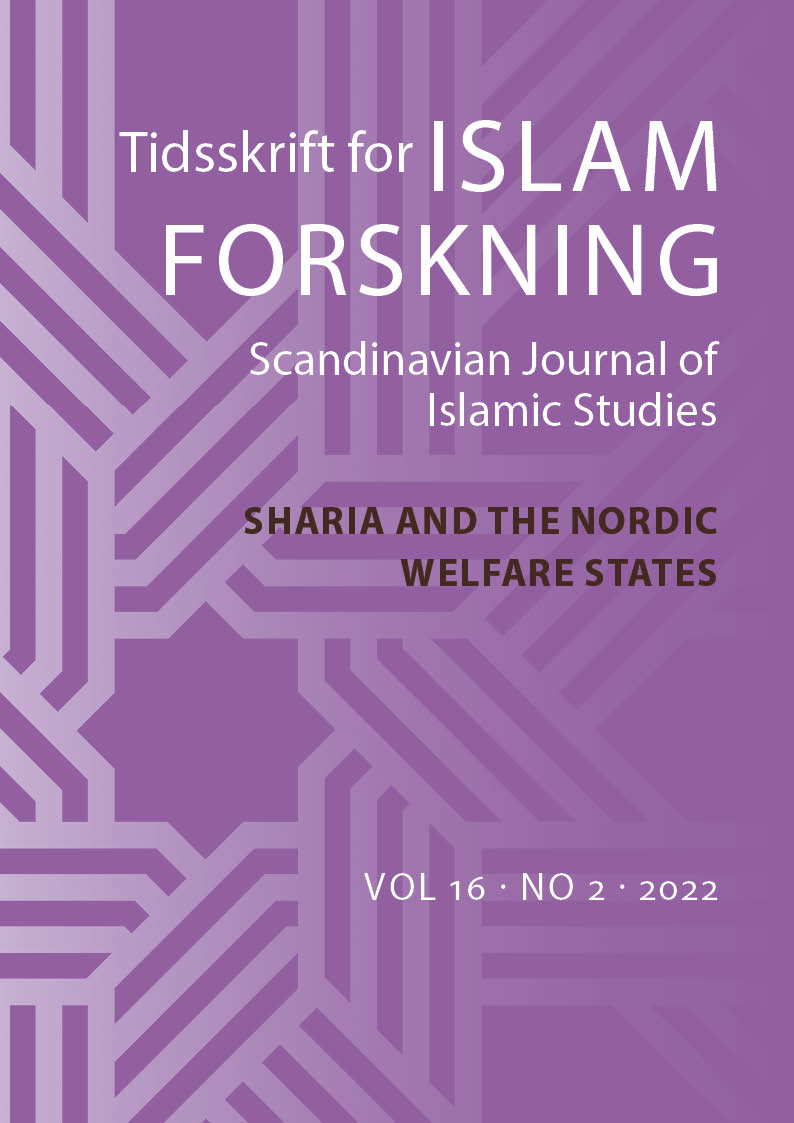Regulations in flux
Theology, politics, and halal slaughter in Norway
DOI:
https://doi.org/10.7146/tifo.v16i2.135055Keywords:
Islam in Norway, halal food, Islamic slaughter, sharia regulationsAbstract
When it comes to sharia regulations – or the question of Islamic norms more broadly – there are few areas which are of more direct relevance for the daily life of Muslims than the question of what to eat. For meat to be halal, several Islamic theologians have claimed that animals must be conscious at the time of slaughter. This method of slaughter, however, is not allowed under the laws of Norway, which require animals to be stunned before they can be killed. This creates a dilemma for Muslims who wish to live in accordance with Islamic norms. Is it permissible to eat meat which is not slaughtered according to strict interpretations of Islamic law? Various answers have been given, both in Norway and elsewhere. This article describes for the first time the history of the halal debate among Muslims in Norway. I show that the content of halal regulations in the country has been influenced by theology but also by politics, in various bids for influence and status. The approach of the Islamic Council of Norway, the principal organization dictating halal regulations, has shifted no less than four times: from acceptance of stunning, to skepticism, to acceptance, to skepticism, and finally to renewed acceptance. Theological concerns among Muslims have played a role in this process, but social context and politics have been just as important. The debate over the regulation of halal slaughter may provide a window onto broader debates on how Muslim communities adapt Islamic norms to life in societies in which the ethical norms of non-Muslim majorities are often dominant.
Downloads
Published
How to Cite
Issue
Section
License
Copyright (c) 2022 Scandinavian Journal of Islamic Studies

This work is licensed under a Creative Commons Attribution-NonCommercial-ShareAlike 4.0 International License.
Scandinavian Journal of Islamic Studies publish under creative commons license BY-NC-SA.





